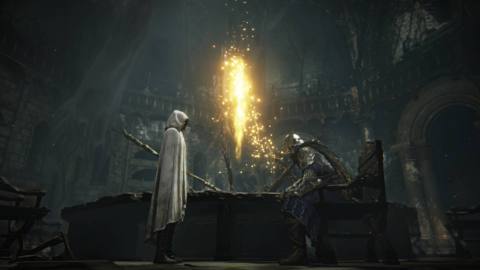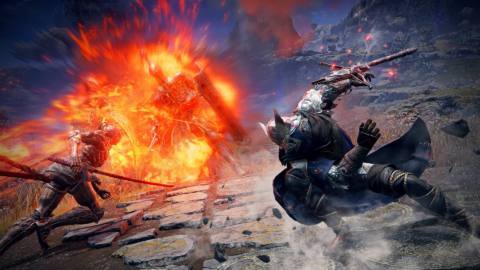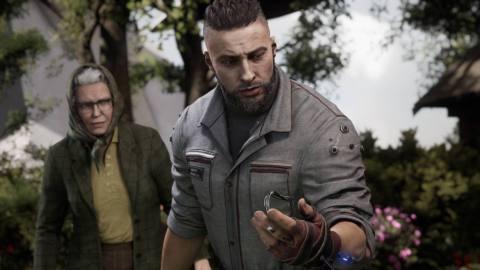
The Walking Dead, Game of Thrones, Batman, The Wolf Among Us, Minecraft, Borderlands, Guardians of the Galaxy… the reign of Telltale Games, at its peak, was truly something to behold. Between 2010 and 2016, the studio churned out a number of games that defined the conversation in gaming. You couldn’t open a gaming mag (or navigate the homepage of a gaming site) without something from Telltale making itself known. Its games were everywhere, all of the time.
Until they weren’t. The studio hit critical mass, and the quality of its games suffered: from 2017 onwards, after a restructuring of the studio that affected the cadence of its releases, the studio fell from grace. In trying to recreate the magic of The Walking Dead, Telltale creatively suffocated its staff and homogenised its output. A series of gaffes soiled the company’s reputation. As quickly as the world fell in love with the studio, it forgot about it. The second season of the Wolf Among Us, as well as a planned Stranger Things game, were cancelled.
But that’s not to say there’s anything wrong with the formula: in fact, quite the opposite is true. During its height, people loved Telltale because it harkened back to an era of classic, narrative-focused adventure games. You don’t sell 28 million-plus episodes if there’s something fundamentally wrong with the way your games work, do you? To that end, you can see why Gearbox Software partnered with “key alumni” of the original Telltale Games narrative team revisit one of the most cult titles in the studio’s back catalogue: Tales From the Borderlands.






